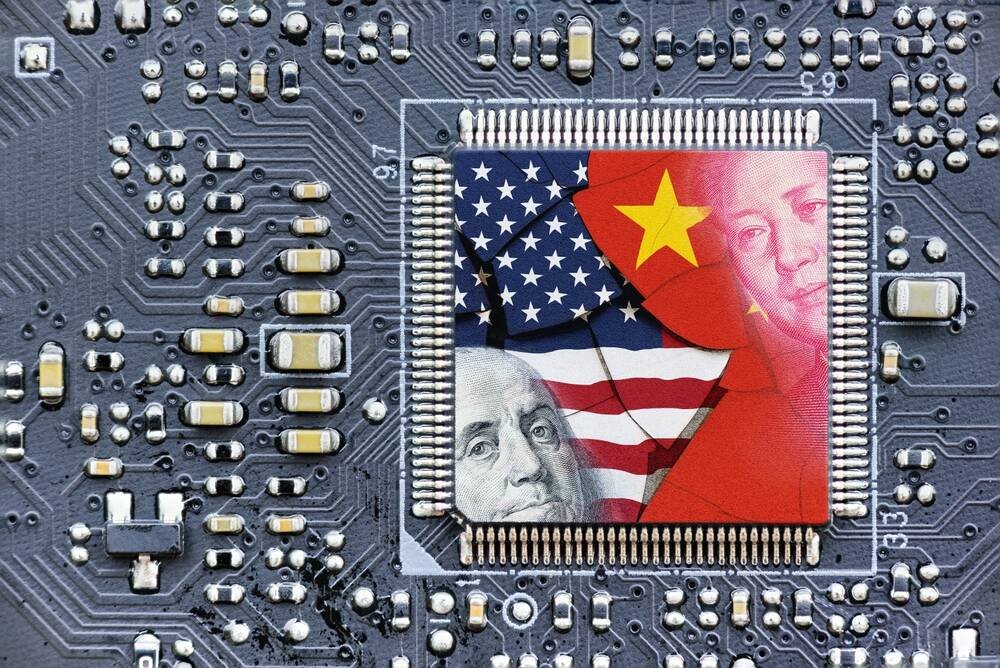
October 18, 2024 at 01:40AM
Intel has dismissed Chinese claims from the Cybersecurity Association of China that its chips contain NSA-directed security backdoors and have vulnerabilities. The allegations triggered calls for a cybersecurity review in China. The tensions between the US and China over cybersecurity are rising, with accusations from both sides intensifying.
### Meeting Takeaways
1. **Rebuttal of Accusations**: Intel has officially denied allegations made by the Cybersecurity Association of China (CSAC) claiming that its chips contain security backdoors directed by the US NSA.
2. **CSAC Accusations**: The CSAC claimed that:
– Intel has embedded backdoors in nearly all CPUs since 2008 as part of a supposed “next-generation security defense system.”
– Intel’s products have exploitable vulnerabilities and high failure rates.
– Concerns were raised regarding Intel’s product quality and security management.
3. **Call for Review**: The CSAC is demanding a cybersecurity review of Intel’s products in China, citing the need to protect national security and consumer rights due to Intel’s significant market presence (25% of revenue from China last year).
4. **Intel’s Response**: Intel utilized its WeChat account to respond to the allegations, emphasizing their commitment to product security.
5. **Broader Context**: The accusations are set against a backdrop of rising tensions between the US and China regarding cybersecurity, with the US having previously accused China of cyber espionage and restricting the export of advanced chips to China.
6. **Chinese Government Statements**: The Ministry of State Security (MSS) in China also issued warnings about cybersecurity threats, including the risks associated with AI and foreign entities allegedly obtaining sensitive data illegally.
Overall, the meeting focused on the implications of the ongoing cybersecurity tensions between the US and China, particularly in relation to Intel and its operations within the Chinese market.